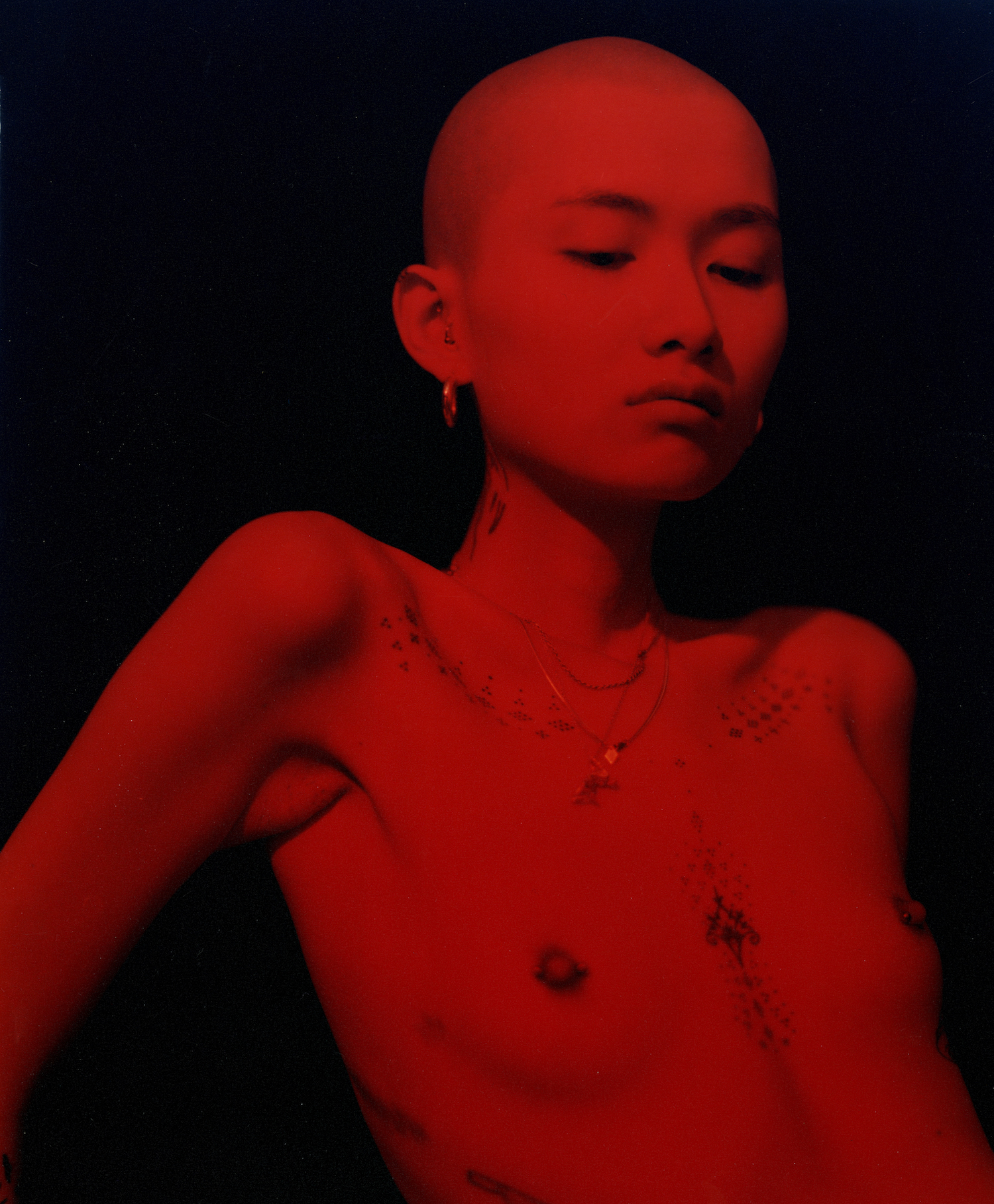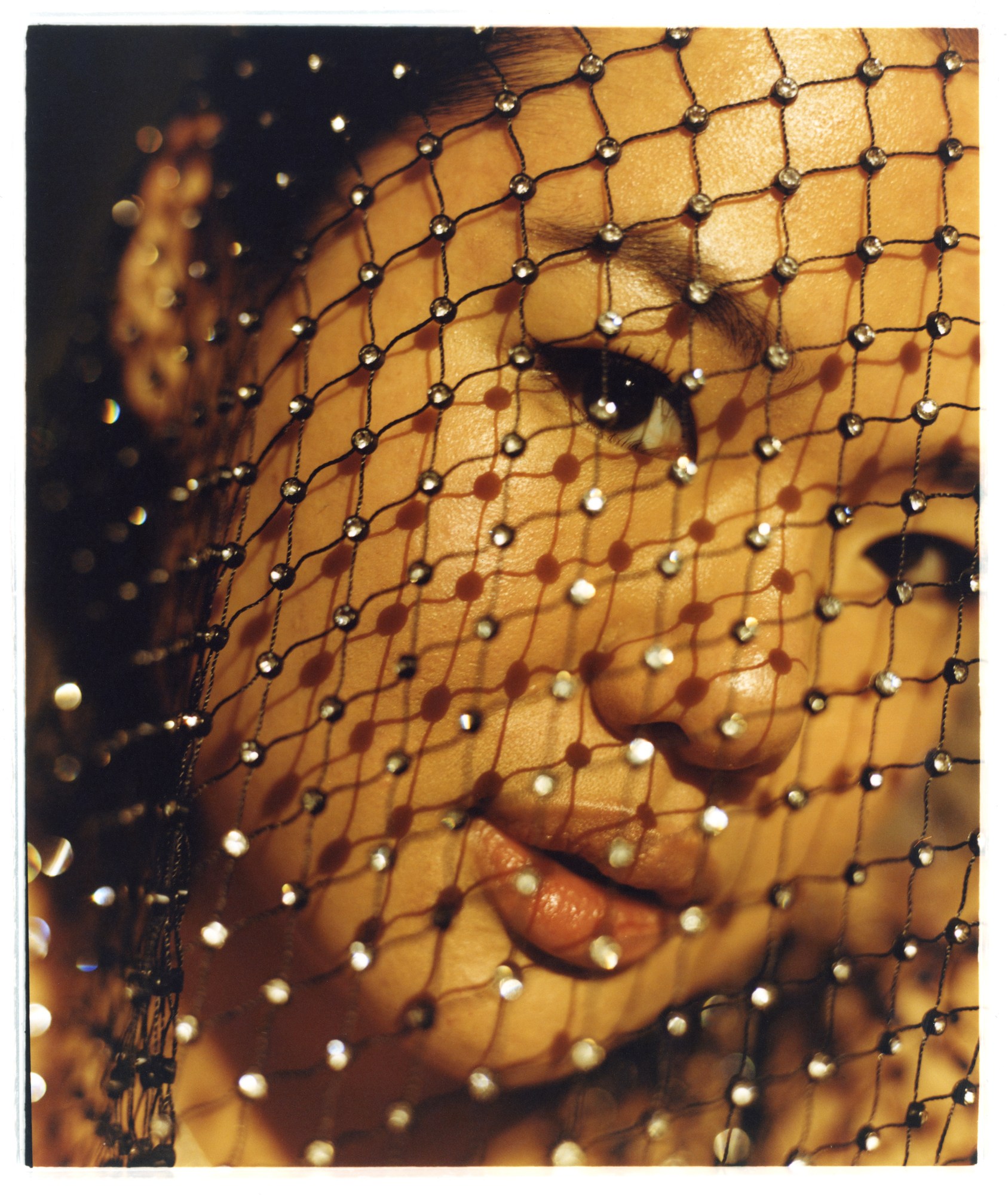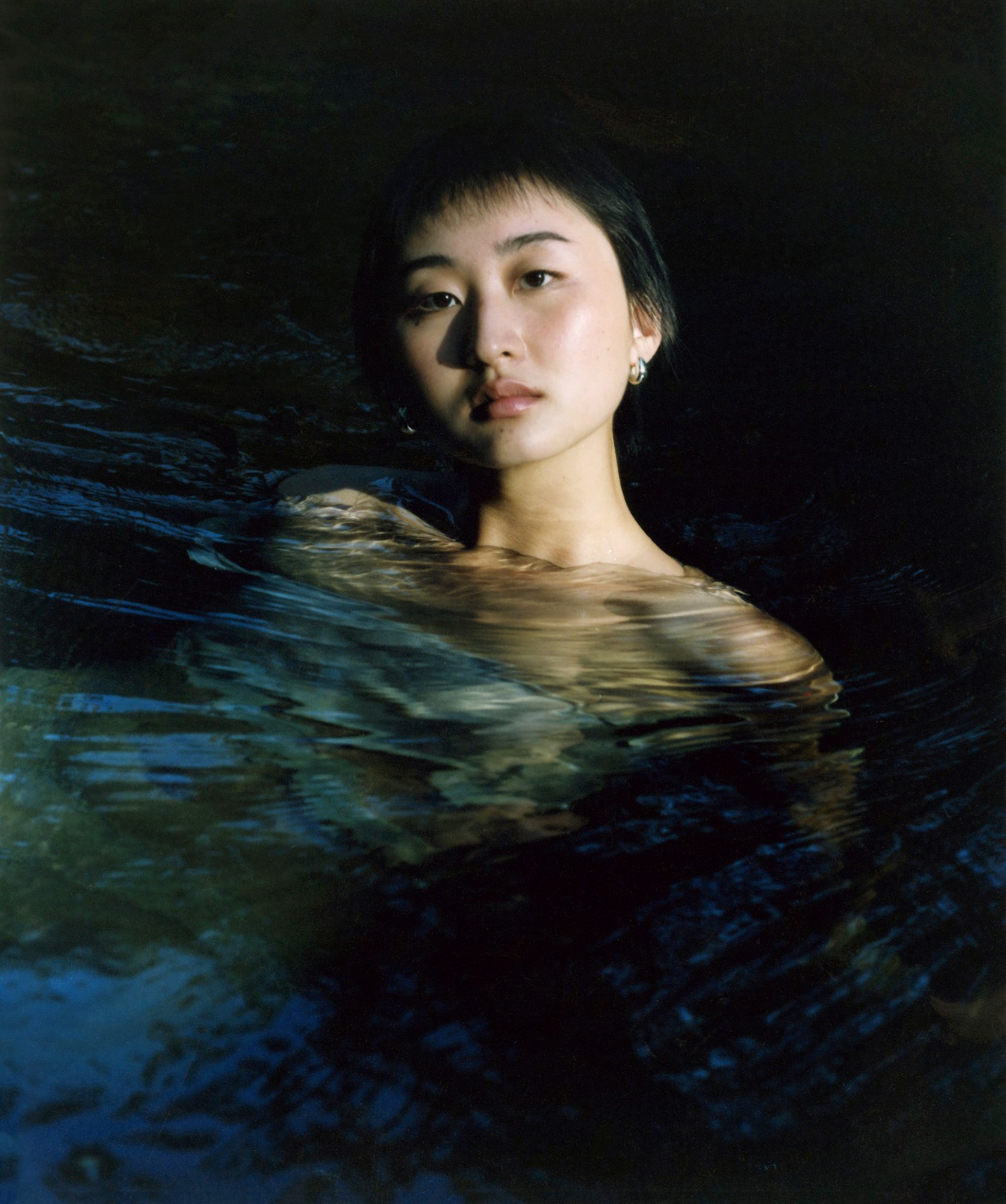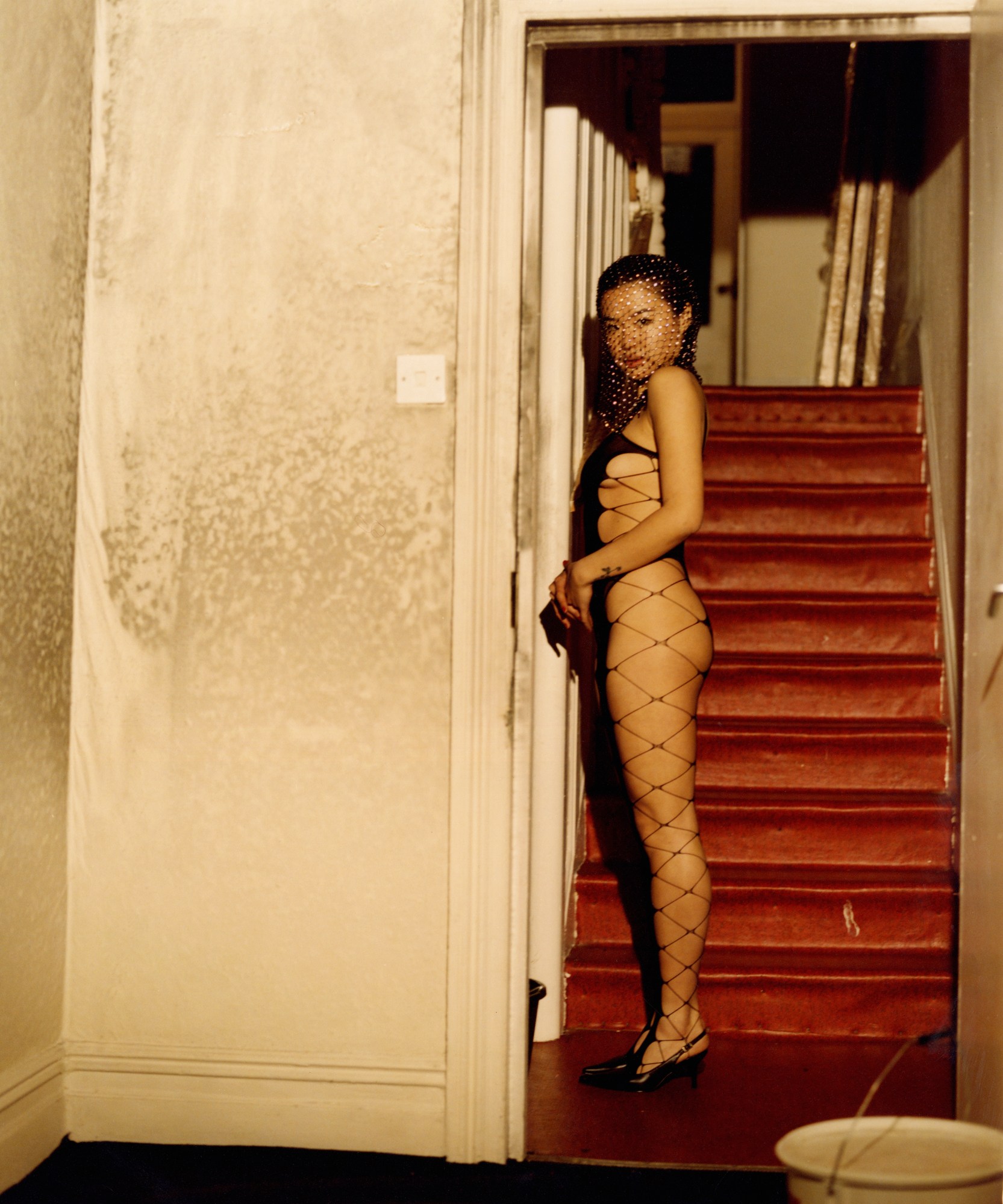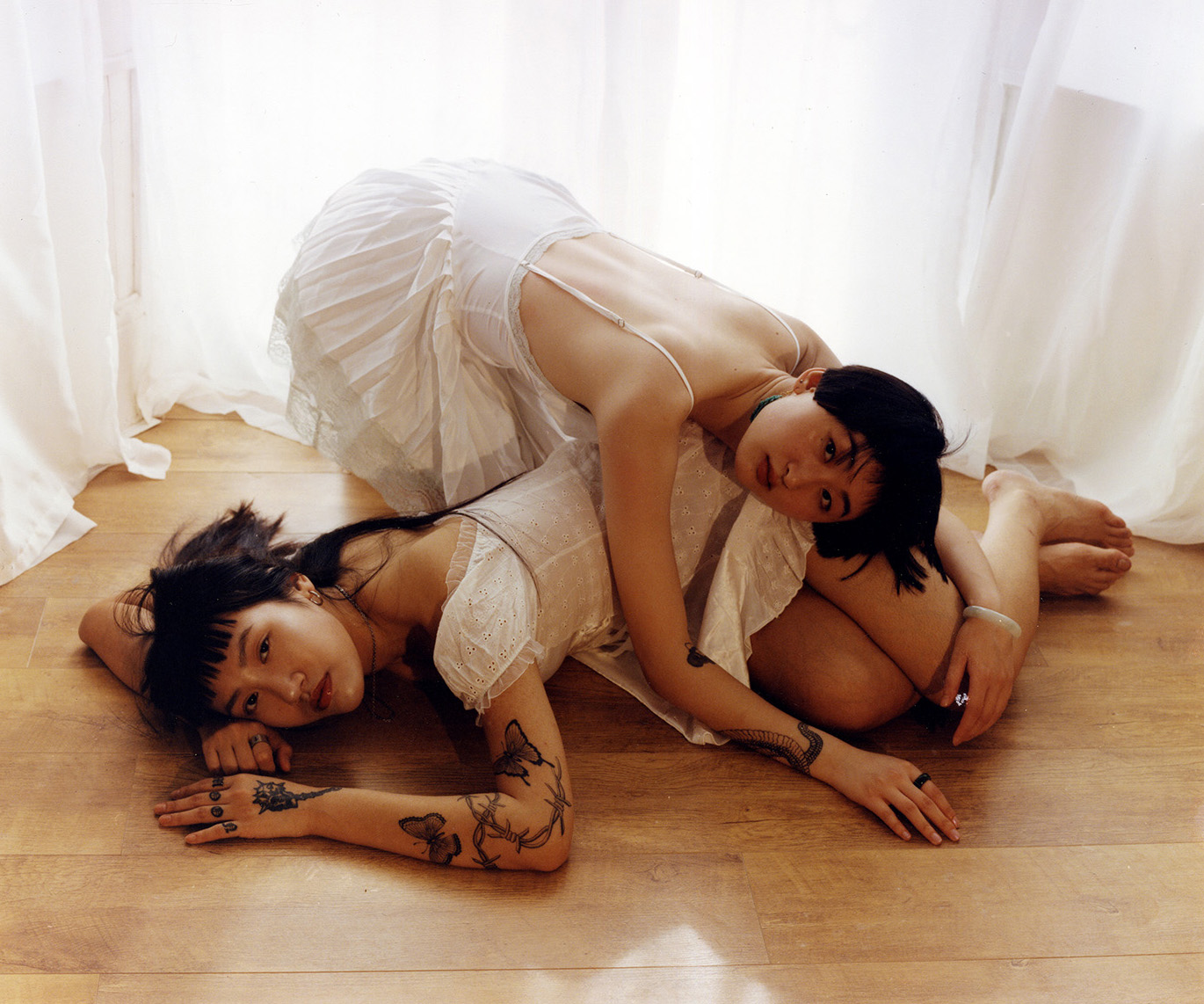Fashion photographer Nicole Ngai identifies as a Singaporean, though she is careful to note that her experiences growing up in the island city-state do not define her work. “I think it’s quite a socially collectivist, governed society,” she explains. As Nicole grew older and her style came into its own, she found that her dyed hair and the colourful outfits often alienated her from her peers. “If you’re opinionated or different from the norm there — how I was — you get branded as weird, or rebellious, or problematic. But it’s not just your appearance.”
Early in her career, many of Nicole’s peers would question and criticise her style of photography, particularly her more experimental ideas. ”They’d ask, ’Why is it blurry?’ or ‘I can’t really see her face, what’s the point of the picture?’,” she recalls.
Since moving to London Nicole has shot for clients including Art School and Sukeban, bringing the intimate practice she employs in her personal projects to her commercial work. She chooses subjects she feels she can relate to, preferring to shoot friends and close acquaintances. “It’s kind of cliché!” she says, laughing. “But I’ve always been drawn to people like me, on the fringes. People who have something different about them, perhaps in search of the solidarity I did not have when I was younger.”
In her latest photobook, Threads, Nicole attempts to balance the power dynamic between the photographer and their subjects. “I’m really interested in bodies,” she says, “There’s always a juxtaposition of vulnerability coupled with strength in my work, and on this line a certain sensuality emerges. I like the idea of things teetering on this sort of line and the tension it brings.”
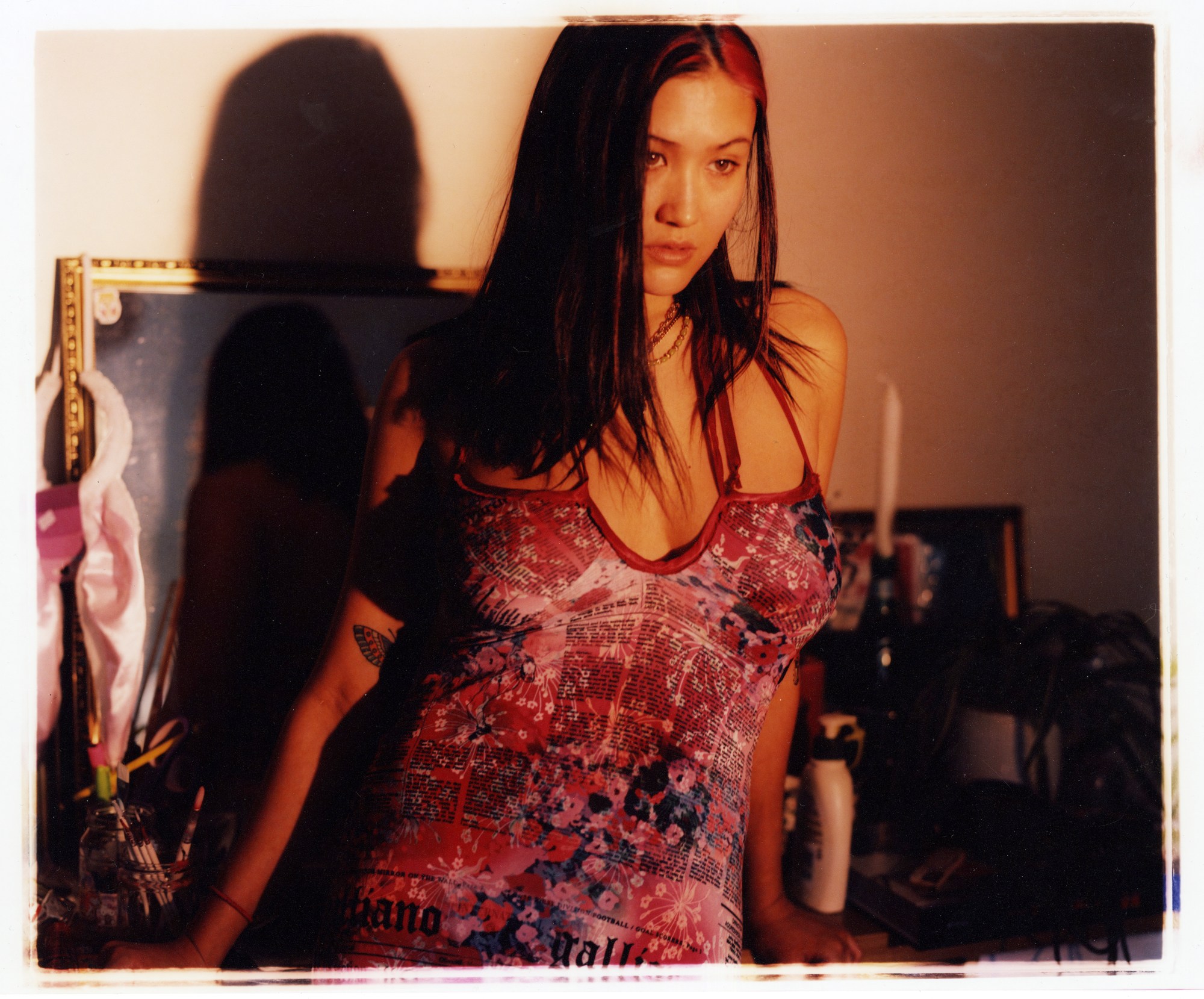
How would you describe what you do?
I am a photographer, but my practice is quite process-based and I like to keep production quite small. I like to connect with my models and team and share ideas, experiences and conversations — I was just saying to my flatmate, my shoots often feel like dates. Like, I’ll take them out, we’ll go for a walk in the park and take pictures, and then go for coffee afterwards. I believe that the photograph manifests not only through the eye of the photographer, but rather through a delicate process of interpersonal interactions. The end result, the photograph, is a depiction of this process, a networked consciousness captured at a specific moment in time.
What made you want to make Threads ?
I was looking through all my shoots and I felt like the only ones I connected with emotionally were the ones I’d done with my mates, or were just a reminder of a fun day. So I became quite interested in the interpersonal relations between the photographer and the model. Reflecting on my three years of uni [at London College of Fashion] and working in fashion — I think I got a bit jaded by the process. It’s an industry that’s meant to be about community, but sometimes it really isn’t. There is a power, traditionally, that the photographer has over the model, and I like the idea of levelling that to create a collaborative thing, having it be more of a dialogue.
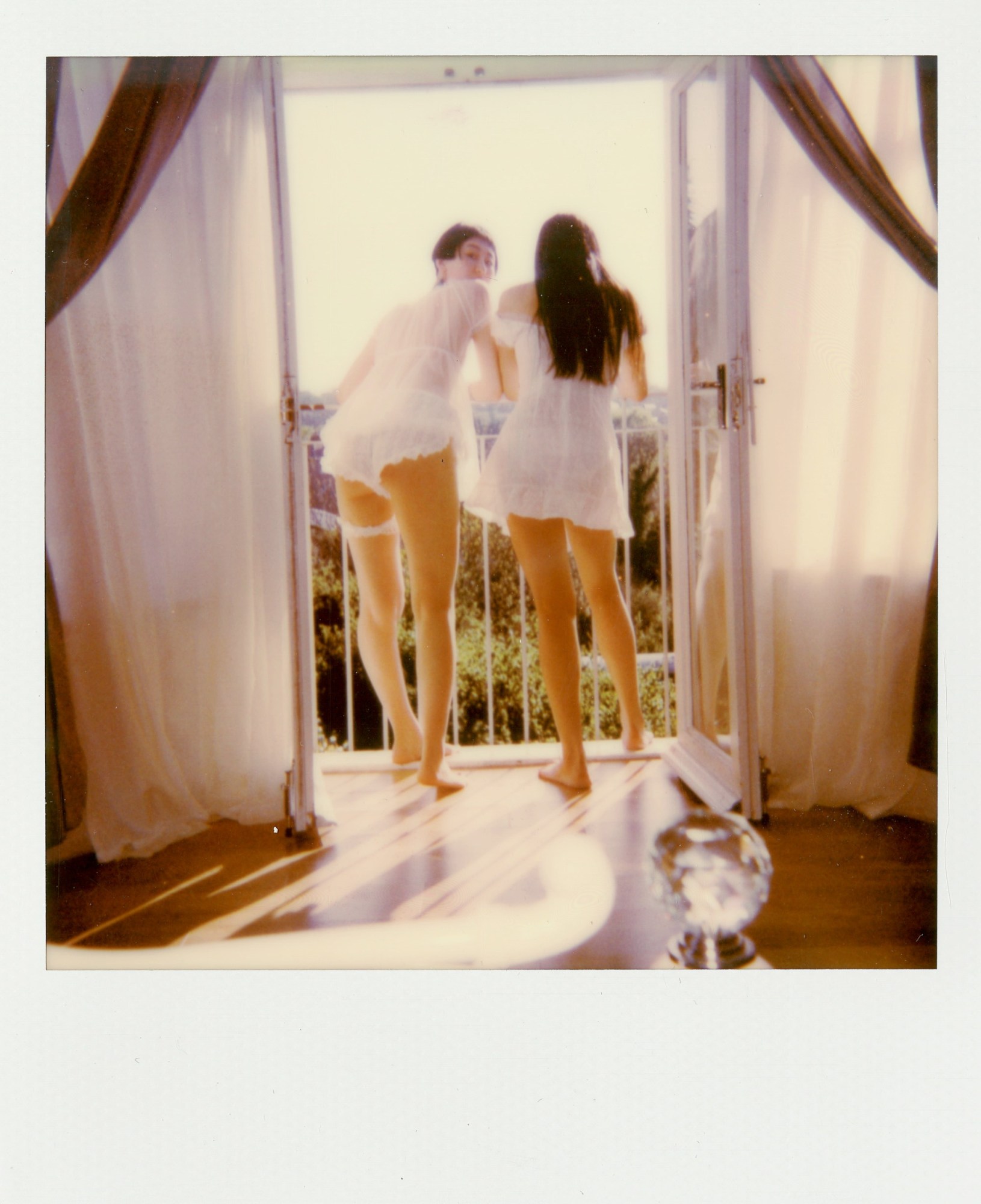
Was there anything in particular you learned in making it?
It was really interesting to observe everyone’s energy. I think my pictures are quite sensual and everyone has their own way of portraying their own sexuality, and navigating that around how I take pictures.
What are you finding yourself drawn to these days?
I’m always thinking about intimacy and empathy. I feel like I’ve been drawn to outdoor locations more than I usually am because of a new zine I’m working on, called Tender. It’s a joint project with my friend Ezekiel who is also a photographer. My side of the zine explores the mortality of photography, and its ability to capture a soul in a moment in time; the passage of time and the changing of seasons in nature. In Singapore, there was only ever one season in the entire year, but living here I’ve started to appreciate the different moods and emotions that come with the changing of the seasons.
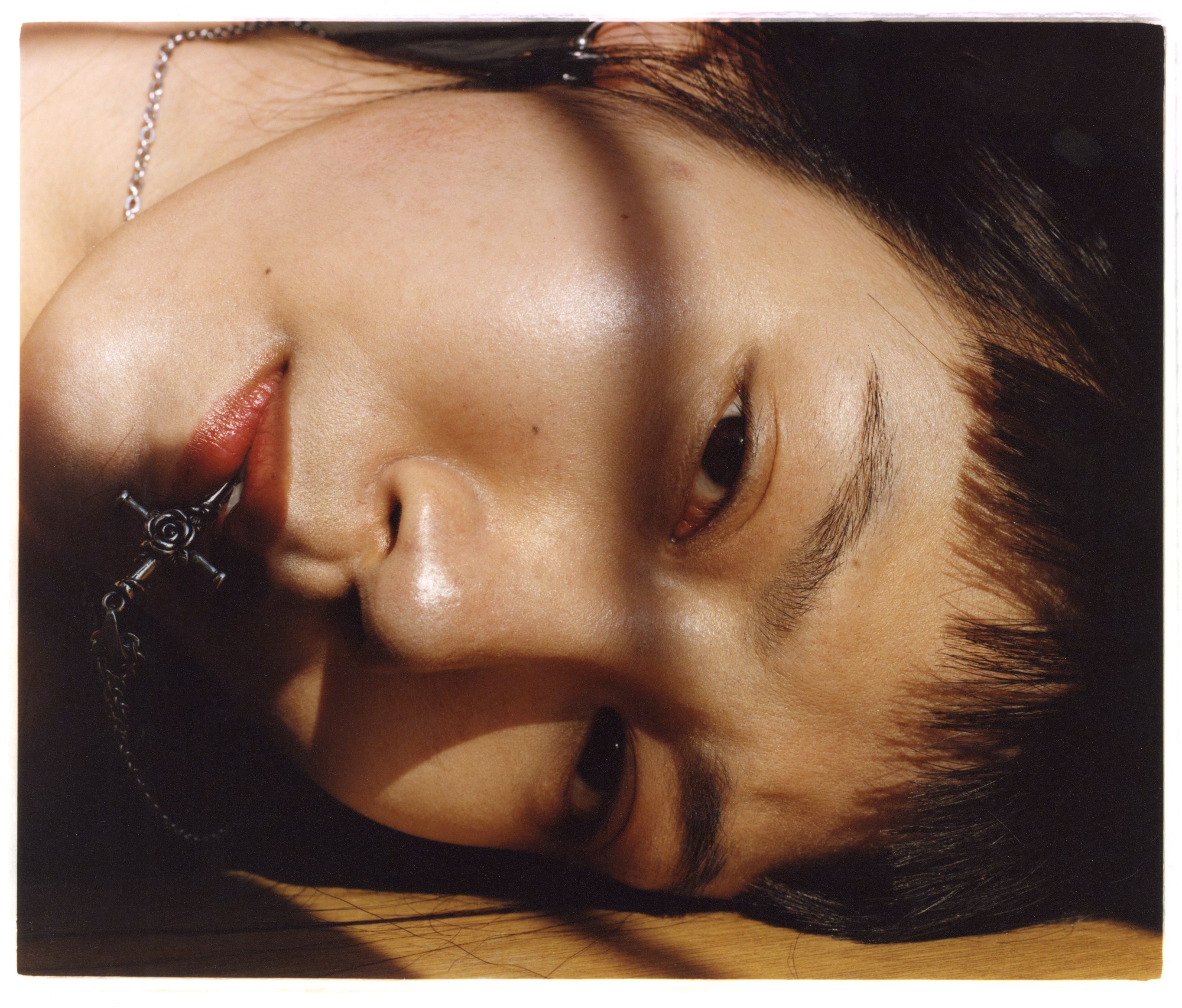
Where do you think we’re at in terms of photography’s distance from the white male gaze?
I think we’ve talked about it for a long time, but it doesn’t feel like anything’s really changed. Just the other day, I saw the work of this photographer and it was so white male gaze-y: he was shooting lots of Asian girls nude, but in a very fetishistic way. Even though discourse has been happening for years, and there is certainly a much wider variety of “gazes” available, there is still a subsection of white men who dominate the field.
It’s tricky. It feels like there’s an increasingly shaky line between representing marginalised identities and tokenising them.
Definitely! This is something I’d think when I was presenting my final project at university. I was like, “It’s about intimacy and empathy!” And my tutor didn’t really get it, he was like, “Oh, it’s so hard to capture feelings in a picture, are you sure that’s a good idea?” And then he looked at my work and was like, “Why don’t you do something about the representation of Asian women?”
I shoot Asian women, but it’s not exclusively what I do. I feel like sometimes you can get boxed into these exoticised roles as a POC, and with my work I try to avoid these one-dimensional representations. It’s difficult to navigate, but we should try to push these sorts of conversations because we’re talking about them in the same way, over and over.
Threads is available to buy online now: http://www.nicolengai.com/shop
